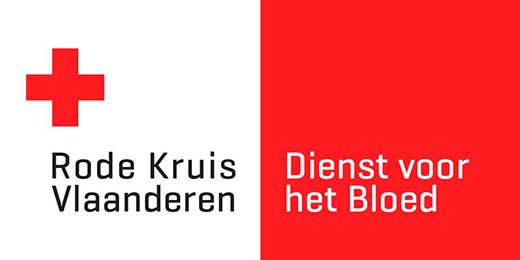Recall of blood products (recall)
- RKV is responsible for the recall of blood products still in circulation that for some reason do not meet quality requirements, as a precautionary measure. The non-compliance may be donor-related but may also have been a problem in collection, production, distribution, preservation, testing, quality control, release. As far as donor-related issues are concerned, we are mainly concerned with post-donation notifications including disease symptoms and possible donor selection errors: issues that would have constituted a reason for deferral if known/mentioned/correctly assessed at the time of donation or of which we suspect that the donor may already have been in the incubation phase at the time of donation (in case of disease symptoms post-donation). In case of a recall, RKV requests the hospitals to return the blood products of the affected donor to RKV with the next normal hospital loop run of IHcT.
Blood products returned to RKV due to recall by RKV effectively cfr. the procedure "Organization of return transport" are not charged to the hospital.
- The recall of blood products delivered to hospitals should be distinguished from a lookback procedure. A lookback procedure is initiated by the blood establishment to trace recipients of blood products from potentially infectious blood donations. This refers to blood poducts at risk of major blood-borne infections, after the donor has been diagnosed with such an infection on the occasion of a subsequent donation (or the donor was at the source of a post-transfusion infection) and we cannot exclude that this did not pose a risk in the case of the products delivered and already administered from previous donations, because the donor was then possibly still in the diagnostic window period or the donation was then on this infection (in case of T. cruzi, malaria, occult HBV and no aHBc determination happened or IDT NAT) had not been specifically tested then. We inform the attending physician of the patient who received such blood product with the advice to test the patient if still clinically relevant and ask to keep us informed of the result in the patient.
Last updated 10/09/20.
